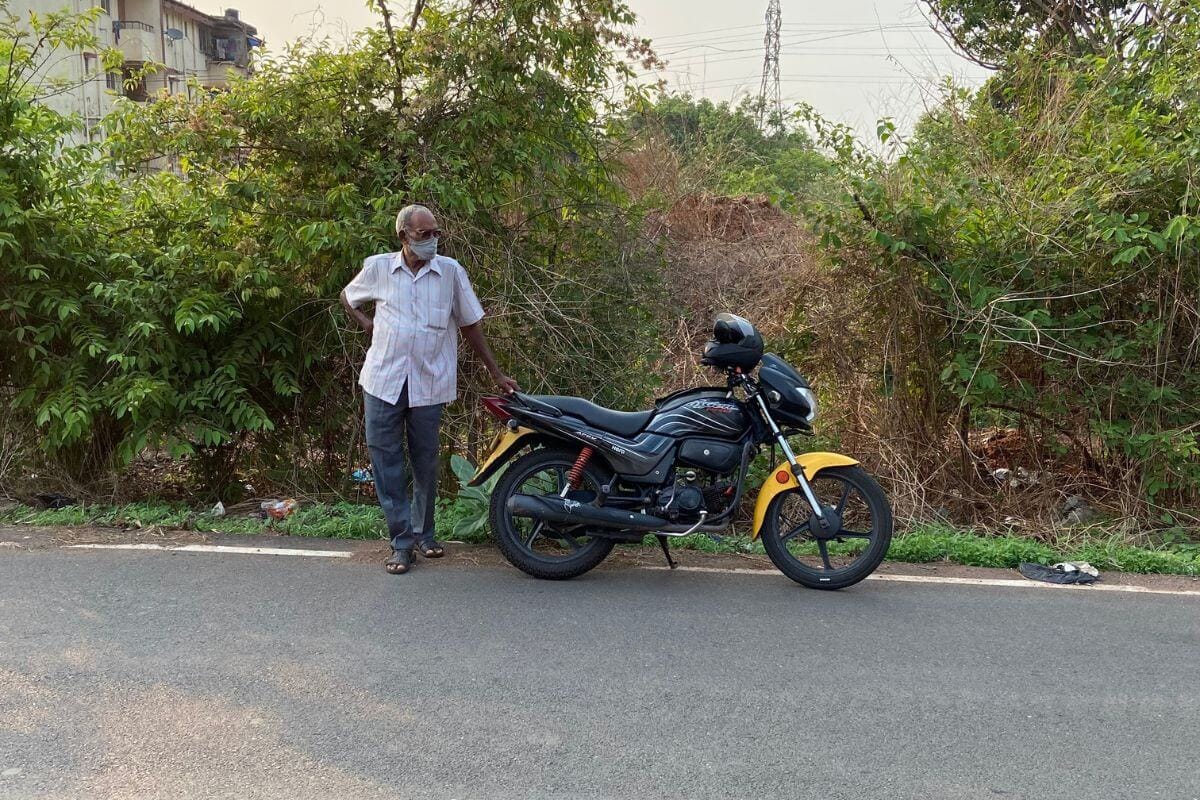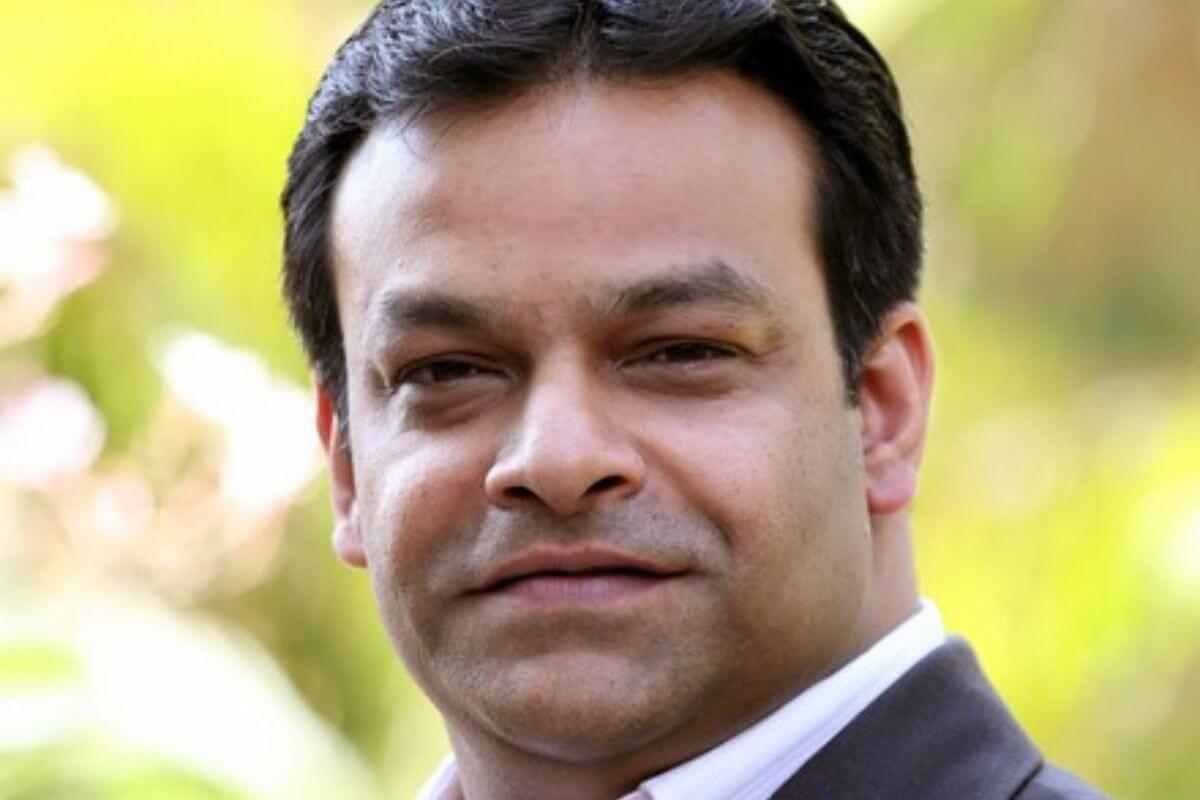Under Portuguese rule, motorcycle pilots became a unique part of life in Goa. After 1979, it was incorporated into the Motor Vehicle Act and recognized by the Indian government. In almost every Goan town and village and along 1200 km of major and minor arterial roads, you can find these two-wheeler motorcycle pilots painted black and yellow like auto-rickshaws or taxis.
In the hinterlands of Goa, where public transport is an issue and one has to wade through narrow lanes, pilot taxis have been the most sought-after means of transport.
And as a single person, I don’t think there can be a faster and better way to commute. Pilot taxis have been my saviour in my 5 years of living in Goa.
When I came here initially, it was introduced to me as a concept by a friend of mine and I found it amusing. But as I was living alone at that time, it became my most preferred means of commuting.
But riding in pilot taxis I learnt that it wasn’t an easy job, driving under harsh and extreme weather is no joke. Sometimes it’s the hot sun and sometimes the rains come lashing, but I have always seen them prepared for all situations and take their work very seriously. I have never come across a pilot who was drunk or misbehaved in any way.
Although I have come across many pilot taxi drivers, my go-to pilot is Shamba Sonu Maekar. People fondly call him Shamba but for me, he is a pilot uncle. He has been driving since 1972 and today he is 72 years himself. At the young age of 21 years, he became a pilot in the Portuguese Era and even now at this age, he has the same zeal and passion for his work. He works tirelessly from morning to evening, and I have never seen him in a bad mood, he is always smiling and in a happy-go-lucky mood.
He recalls how much Goa has developed over the years, “ It was an only jungle in Porvorim, I clearly remember there was just one house near the central bank and O’Coqueiro was there, the rest was all jungle. I used to live in Salvador Do Mundo and we all used to feel scared coming uphill to Porvorim in the evening time. We used to avoid it as much as possible. There was not even a single house on Chogm Road. And look now, it has evolved so much.”
Shamba has been driving for almost 50 years and in his half-a-century-long career he has given rides to many tourists and locals alike. He has seen children grow up and from dropping them to school to now dropping them to their place of work, he has come a long long way. He has carried passengers from the railway station to their hotels, dropped some guy just in time for his interview riding through the narrow lanes, dropped ill people to the hospitals and sometimes made two lovers meet. For me, he is definitely an unsung hero, a superhero without a cape.
When he started earning, he used to earn in ‘annas’. “ We used to charge anywhere between 4 annas to 8 annas per ride during the Portuguese era and then I remember charging 2 Rs for a ride from Mapusa to Panjim a few years later. Now of course the rates have changed, but then so have the expenses”, says Shamba.
Shamba still lives in Salvador with his wife and three daughters and you would find him chit-chatting with the locals near the Federal Bank ATM in Porvorim while he waits for his next customer. And as soon as his phone rings, he would ride away on his bike to pick up his customer and safely drop him at the desired destination. And that is how Shamba makes his living and a very important contribution to Goa’s daily life & tourism business.







